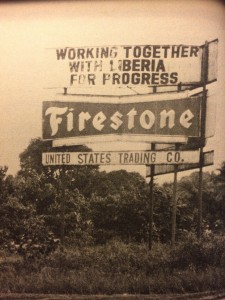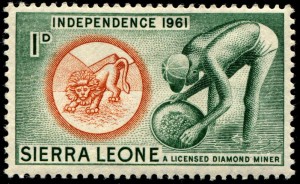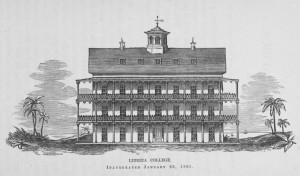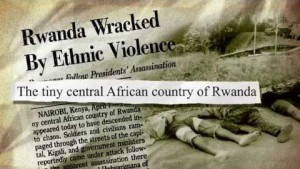One of the comments in a facebook group dedicated to opposing a new centre to house unaccompanied child refugees in the Kent coastal town of Whitstable reads: ‘Children rights and safety before political views’ (Group: ‘Opposed to the plans for Ladesfield’, accessed 21 October 2015). This argument is intended to call on a moral vision of the protection of children, which is set apart from tawdry political wrangling. The central idea is that children are unquestioningly deserving of protection and support, no matter what side of the political spectrum you are on.

Supporters of the proposed refugee centre organise a counter-demonstration in Whitstable
However, the comment seems to wilfully ignore the fact that the Ladesfield centre has been repurposed precisely to protect children. It will serve as a reception centre for refugee boys aged 16-18 for stays of up to two months before they can be moved into more permanent accommodation. The existence of the centre recognises that children (defined in international law as under-18s) are in need of specialised services and support.
Moral visions related to children are often fraught with these kinds of contradictions. Questions relating to belonging, identity, gender, and life-course are an uncomfortable part of discussions about human rights. These questions seem all the more intrusive when they are addressing the security and well-being of the seemingly most innocent and vulnerable members of society. But, an understanding of the trajectory of British imperial history can help us to unpack some of the categories and questions raised.



